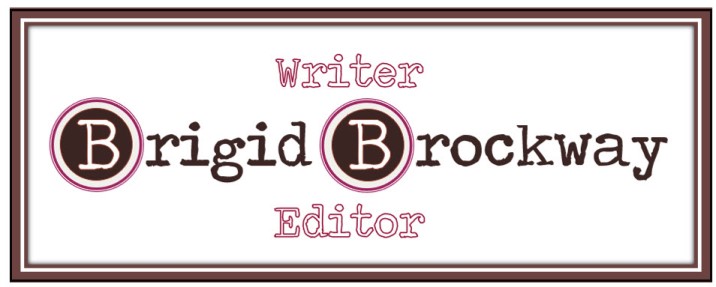Yes, we tried to put a lid on the gift-giving by donating to charities instead. Didn't take; now we donate to charity and give each other presents. I don't think it's an over-commercialization of Christmas thing in our families though. I think it's just that we can't resist the urge to share with the people we love. We think of the look on Mom's face when she opens this package and it's all over.
Plus, all of us crafty folks have to do something with this toilet paper cozy we made.
Also, my mom is a sucker for fairly traded handy-crafts from folks in third-world countries, so we always find ornaments or jewelry made from recycled trash and elephant dung in our stockings. When my sister pulled the necklace of lovely newspaper beads out of her stocking this year, my mom informed us that this piece was made by a colony of Ethiopian women with leprosy. After which the beads were suddenly on the other side of the room. While one might logically know that one can't get leprosy from a trash necklace, that doesn't make it any easier to have leper jewelry around your neck.
But I digress as usual.
Well, another battle in the War on Christmas is on the books, and it looks like the heathens lost once again. One day the 5% of Americans who don't celebrate Christmas will emerge victorious. One day.
So now the great endangered holiday is over, and it is time to put the righteous holiday greeting indignation on the shelf beside the Christmas lights.
 Or, we could stop behaving like petulant children and realize it's okay for different people to wish each other season's greetings in different ways. Just as saying hola or aloha is not an attack on the English language; just as saying gesundheit isn't an attack on blessing people; just as saying she's at peace now instead of he's in a better place isn't an attack on heaven; choosing to say happy holidays is not an attack on Christmas.
Or, we could stop behaving like petulant children and realize it's okay for different people to wish each other season's greetings in different ways. Just as saying hola or aloha is not an attack on the English language; just as saying gesundheit isn't an attack on blessing people; just as saying she's at peace now instead of he's in a better place isn't an attack on heaven; choosing to say happy holidays is not an attack on Christmas.Although going ape on a person or place of business for wishing you happiness is kind of an attack on the spirit of Christmas. And free speech. And, you know, behaving like a civilized adult.
---
Or perhaps you should gird your loins for a battle Christians really are losing without even knowing they're losing it. It's the battle on Easter.
Once, my dad was at church and wished an old woman a happy Easter. The woman whirled around on him and said "Easter is a pagan holiday. It's Resurrection Sunday." She's right. The word Easter refers to Ēostre (or Ostara), an Anglo-Saxon goddess celebrated in feasts throughout the month of April. Chances are good that the Easter Bunny, Easter Eggs, and several of the other customs associated with Easter go back to Ēostre celebrations.
Take your holiday back, Jesus lovers! Don't let the pagans win!


.jpg)















